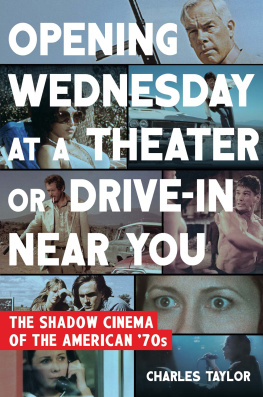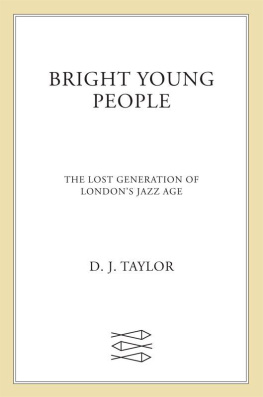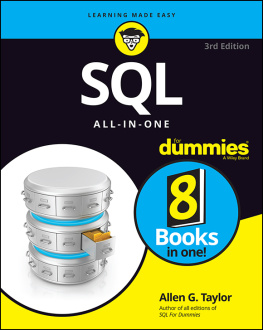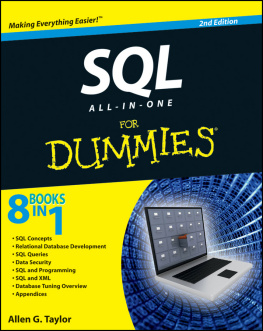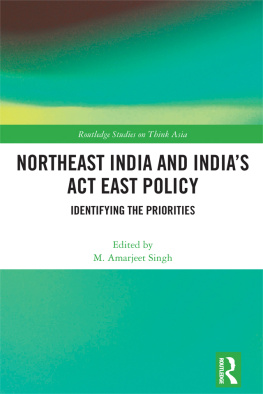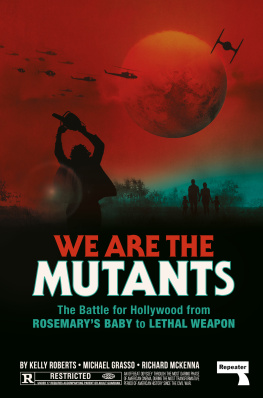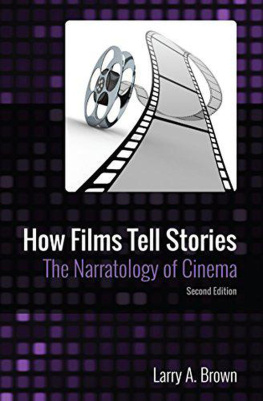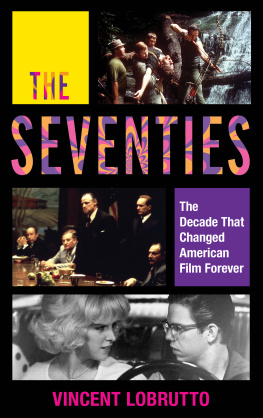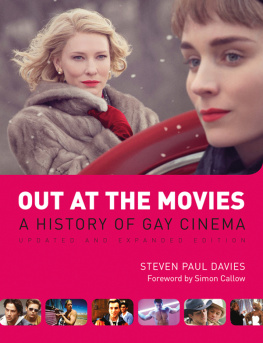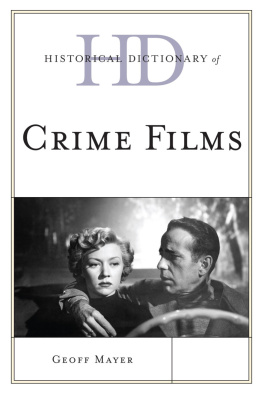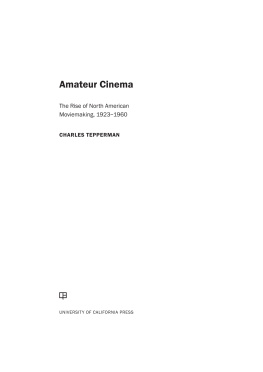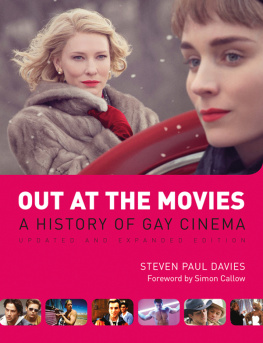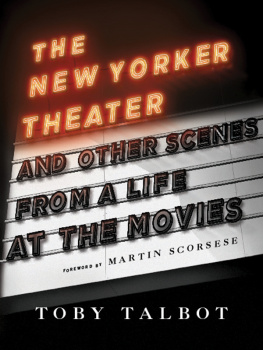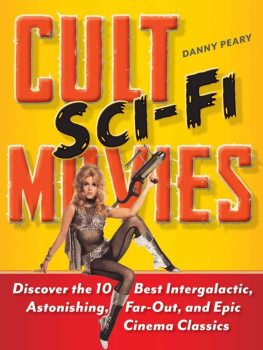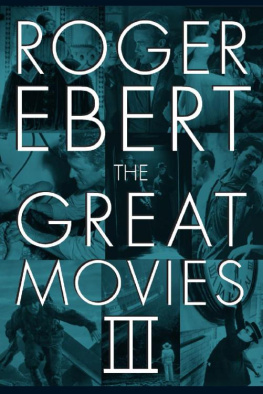OPENING
WEDNESDAY AT
A THEATER
OR DRIVE-IN
NEAR YOU
To my two best and most constant movie dates,
Stephanie and Dad.
And to the memory of my mom.

TABLE OF CONTENTS
Im eternally grateful that Dad didnt concern himself with which movies were age appropriate for a seven-year-old. The only criterion was that they were good, and back then, they were.
A. J. ALBANY , LOW DOWN
Forty years on, the 1970s remain the thirdand, to date, lastgreat period in American movies. The late teens and 20s gave us the lyrical flowering of silent movies. The 30s through the 50s, the sustained and breathless articulation of the language of classical American narrative cinema. These were the decades in which every now-familiar genre found its definitive form: Westerns, gangster films, screwball comedies and romantic comedies, musicals, war pictures, melodrama, film noir.
By the 60s those genres seemed calcified, remnants of a familiar past that prevented the now-faltering studios from acknowledging the rapidly changing present. The censorious Production Code was toppling, and the studios knew they had to win the younger, hipper audiences who wouldnt settle for the old formulas. Suddenly there was space for filmmakers who had grown up on American movies to bring a new realism to the genres they loved. Upstarts like Francis Ford Coppola, Martin Scorsese, Sam Peckinpah, Hal Ashby, Arthur Penn, Paul Mazursky, Alan J. Pakula, Brian De Palma, and Robert Altman were free to use the classic forms for work that reflected new realities, free of the official optimism to which Hollywood directors either had to accede or subvert.
There were variations on the Western (The Wild Bunch, McCabe and Mrs. Miller), the private-eye picture (The Long Goodbye, The Late Show), the gangster film (The Godfather, Thieves Like Us), the marital comedy (Bob & Carol & Ted & Alice), the musical (Cabaret), the womens melodrama (Alice Doesnt Live Here Anymore), the small-town soap opera (The Last Picture Show), the sex rondelet (Shampoo), the military comedy (M*A*S*H, The Last Detail).
The new movies didnt offer audiences happy endings or other assurances. Michael Corleone doesnt get his comeuppance at the end of The Godfather, as the gangsters in Scarface and Little Caesar and The Public Enemy did. At the movies finish, Michael has achieved a corporate ruthlessness far colder than the old-world courtliness of his crime boss father (Marlon Brando). What satisfied the audiences for The Godfather and the other downbeat hits of the day wasnt the old morality that Hollywood bossesif not filmmakershad insisted on but the exhilaration of feeling that someone had cut through the bullshit and shown something of life as they knew it to be lived.
This book is not about those landmark movies, which have been written about eloquently by critics lucky enough to be working at the time. Their work will continue to provide material for new generations of critics to offer up new insights about those works.
The focus here is on some of the movies that slipped into the background while those pictures dominated the foreground.
The title of the book, Opening Wednesday at a Theater or Drive-in Near You, refers to the release pattern used for horror movies, biker pictures, nudie teasers, womens prison pictures, moonshiner sagas, phony documentaries like In Search of Noahs Ark, Eurosleaze exploitation pictures like Mark of the Devil (Rated V for Violence and including a vomit bag with every ticket sold). These pictures were preceded a week or two in advance by saturation advertising campaigns that seemed to appear out of nowhere, deluging newspaper, radio, and TV with ads that breathlessly announced the film would be opening Wednesday at a theater or drive-in near you! The aim, as with a traveling carnival and sideshow, was to get asses in the seats and then get the hell out of Dodge. Unlike the prestige studio movies, which were given platform releases, opening on a few select big-city screens and gradually making their way to more theaters and other citiesa release schedule that could keep a popular film in release for close to a yearmany of the movies written about here began their commercial life in the second-run neighborhood houses and drive-insthe very places where the big releases ended their theatrical lives.
Not every movie in this book opened that way. I am not dealing here with the lowest of the exploitation low. Nor (with the exception of Sam Peckinpahs Bring Me the Head of Alfredo Garcia) am I arguing that they constitute a series of overlooked masterpieces. It wasnt critical ignorance that kept these movies from serious consideration. When movies as extraordinary as The Godfather or The Wild Bunch or Taxi Driver or Cabaret or The Long Goodbye were opening every week, when critics found themselves in the enviable position of having great work to acclaimor argue overweek in and week out, you cant exactly blame them for not paying attention to the pictures that seemed content to stay within the genre boundaries the celebrated works were exploding. Given the choice between devoting your column inches to new work from Altman, Scorsese, Coppola, Peckinpah, or Mazursky, or to a car-chase movie, to the instantly recognizable conventions of the new blaxploitation genre, to some new action movie, who could blame critics for sticking to the A list?
Most of the movies in this book did what they set out to do: make money fast. Some are good, solid pieces of moviemaking, and some are shrewdly put-together junk. Outsized claims for their greatness would only falsify their grungy, visceral appeal. But I believe these movies do share something with the A-list pictures of their time, something almost entirely missing in todays commercial American cinema. In the 70s the gritty and somewhat pessimistic nature that has always been characteristic of B movies translated into a refusal to keep bad things from happening to good characters, a resistance to handing out easy, happy endings. Thats why its possible to watch these movies nowdespite the pulpiness, despite the obvious lashings of nudity and violence to satisfy the exploitation crowdand feel as if youre being treated like an adult.
There were downsides to that lack of varnish. The critic Geoffrey OBrien characterized the movies of the period as rough and pitiless the way you always secretly wanted them to be, and went on:
No major adjustments had to be made in deep plot structure. The grammar worked the way it always had. Merely rearrange a few markers, switch the goal posts. This time the good guys lose. The thieves get away with the money. The girl is not rescued but murdered. The cop didnt save anybody, he set them up in the first place. The babysitter wants to destroy the family. The government investigator was assassinated because he found out that the government did it.
OBrien isnt just talking about B movies, either. If you were a constant moviegoer in the 70s you endured an extraordinary amount of hopelessness and cynicism. The U.S. was still fighting in Vietnam as the first revelations about Watergate began to surface. Watergate ended with our system of government working exactly the way it was supposed to, and a corrupt president condemned in something like the legislative equivalent of his landslide reelection. But instead of being hailed as a victory for American democracy, Watergate became a cynical confirmation of our worst suspicions: The system was rotten; all politicians were corrupt; the guilty would never pay for their crimes. When Nixon told David Frost he recognized his legacy as the cynicism young people showed about public office, he was acknowledging the psychic toll his crimes would take on Americans as his most lasting contribution to politics.

